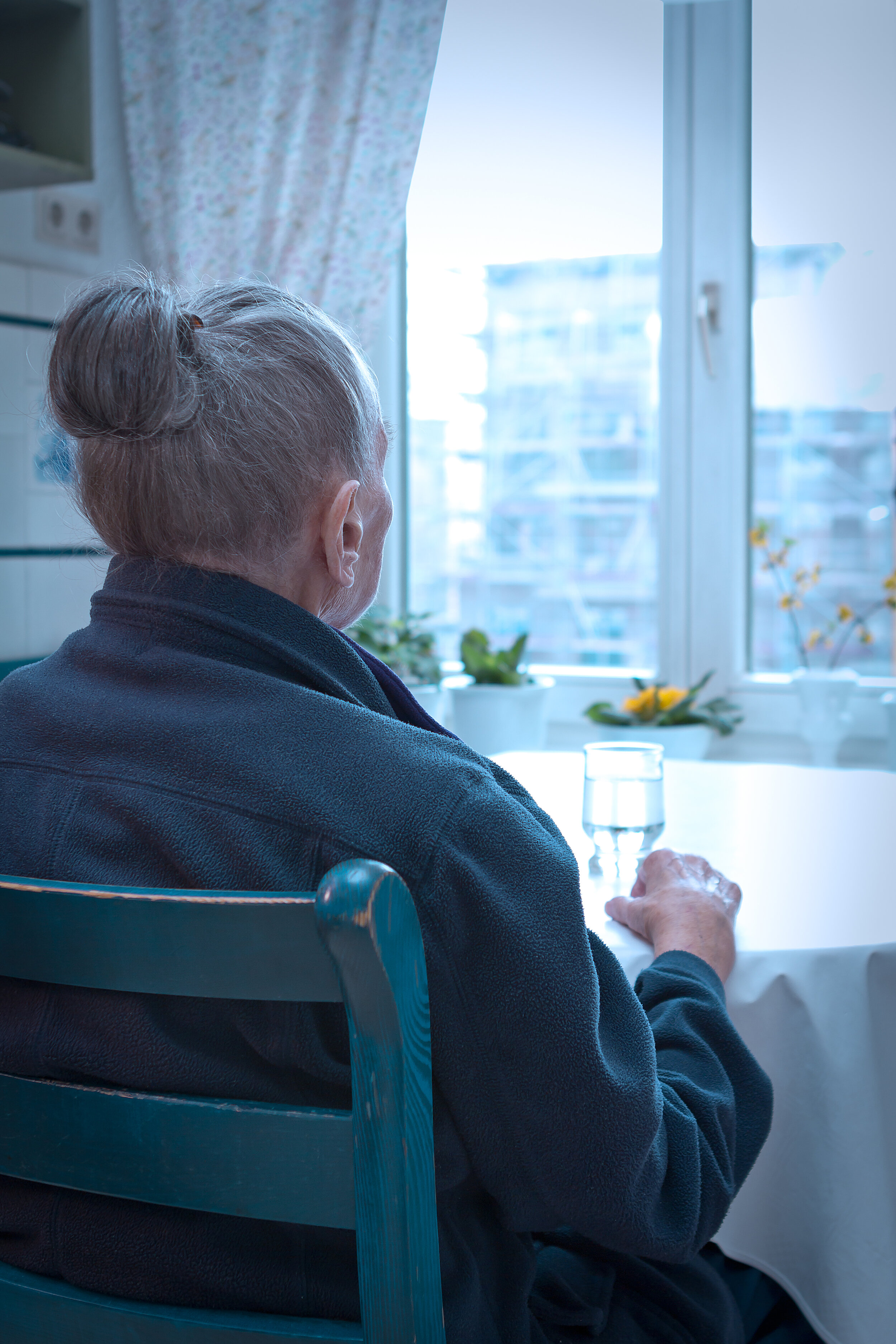Grief During Social Isolation: Now, We’re Right in the Middle of This. And It Is Hard
I don’t have to be a rocket scientist to tell you that grief can be an extremely lonely and isolating experience. The way in which your loss affects you is very much an individual experience and only you know its full impact on your body, mind, and soul.
Essentially, it feels like you and your grief are alone together.
Even if you tend to feel alone much of the time, you may be fortunate enough to have a support system of family, friends, work colleagues, student peers, neighbors and acquaintances whom you see routinely in your daily activities. This is very helpful and necessary when you’re grieving.
Having a network of people in your life enables you to see and interact with others when you want, and get a change of scenery and environment when you need to lift your mood.
HERE’S A REALITY CHECK. RIGHT NOW AND IN THE FORESEEABLE DAYS TO COME, GRIEVERS WILL BE FORCED TO GRIEVE IN SOCIAL ISOLATION.
I am happy to help you during this hard time. I am a certified grief counselor who can support grievers nationwide. Schedule a call here for a complimentary consultation to discuss getting the support you need.
As a grief counselor in private practice, I work with clients who sometimes choose to isolate themselves while grieving, or who might even feel like they’re isolated while grieving.
But the difference is that NOW, grieving in social isolation is mandatory, and you don’t have the choice to go in and out of it when you choose, or to spend time with others when you need a pick-me-up. This is the way of life in the days of coronavirus social distancing and isolation.
The media talks about HELPING to “flatten the curve” of the coronavirus.
I’m talking about HELPING to stop the spiral of grievers downwards into depression.
Isolation complicates and lengthens the healing process of grief.
I’ll give you several reasons why this current nationally-mandated social isolation lifestyle will be difficult for those who are grieving the loss of a loved one. And moreover, I’m going to give you several suggestions for HOW WE MUST HELP OUT.
Consider these points:
Even though feelings of isolation and loneliness are normal and natural in grief, many grievers know that they don’t have to suffer them alone. They turn to bereavement support groups so that when they are feeling alone and unable to cope with the outside world, the support groups give them a sense of “community” to help them deal with these feelings. Now, with the coronavirus isolation, the groups have closed and the griever must return to his/her grieving in isolation.
Grievers need to have times of solitude as they work through their grief. However, too much solitude can be harmful. It’s easy to over-isolate because it’s often more comfortable to be alone than with others. It’s easier to be silent than to be forced to speak. Generally, when sad people in a compromised emotional situation are left alone for long periods of time, it can be detrimental to their mental health. Grievers need a combination of time alone and time with others. During the social isolation forced by the coronavirus, the “time with others” is now eliminated.
Grievers shouldn’t have to grieve alone. There should be friends and support systems and professionals to lend them support. The griever won’t have these people as readily around them while in social isolation.
Nobody can fully grieve 24/7. Grievers need a break from their solitude. They need to have some “escape time" and think of something besides grief. They need to try to be even slightly productive and to try to think of more positive topics and thoughts.
When grieving people isolate, they tend to overthink with negative thoughts. The grief process gets a grip on them. These thoughts can include wanting to be left alone; not wanting people to feel sorry for them, feeling that they will depress others, feeling misunderstood, feeling like being around others will hurt more. They can be overwhelming and can lead to further isolation, resulting in what I mentioned as the spiral downwards towards depression.
So, how can we help grievers during this time of forced social isolation??
Anything we can do, no matter how small it may seem, can help prevent the spiral downwards towards depression that can result from a griever being isolated.
Check in on anyone you know who is grieving. Check in daily, by phone. Not email. Not text. Human interaction by phone is the only way to get a pulse on how someone is doing, get a sense of their mood and assess their mental health.
Suggest that the griever interfaces with other bereaved people online. This is not ideal for all times, but when isolated, it’s a way to share feelings in an understanding community.
Encourage grieving friends, coworkers, family members or neighbors to share with you some of their thoughts, their memories, their stories, or whatever is on their mind. You’d be surprised how they may open up, especially in times of isolation.
Encourage a griever who is in isolation to reach out to a grief counselor for some support and for some normalization of the grief process. During the coronavirus crisis, most grief counselors are offering sessions by phone or Zoom.
Suggest to anyone (not just grievers) that going out for a walk is healthy and will not interfere with social isolation. The power of fresh air cannot be overestimated.
Tough Times Call For Gentle Support, and everyone can be this support during our temporary “social isolation.”
I am happy to help you during this hard time. I am a certified grief counselor who can support grievers nationwide.




